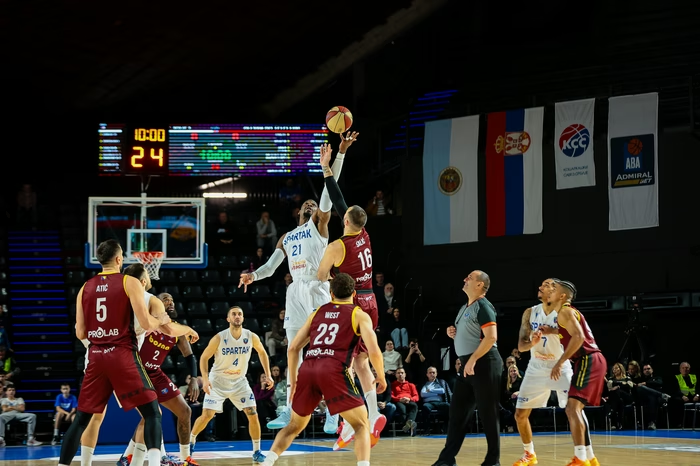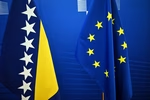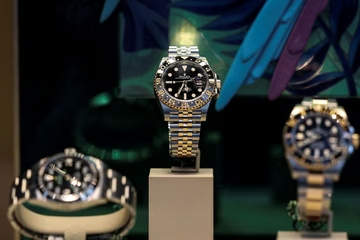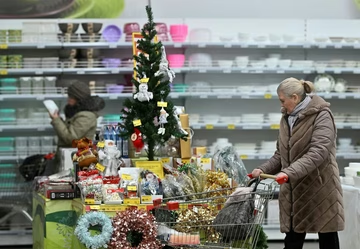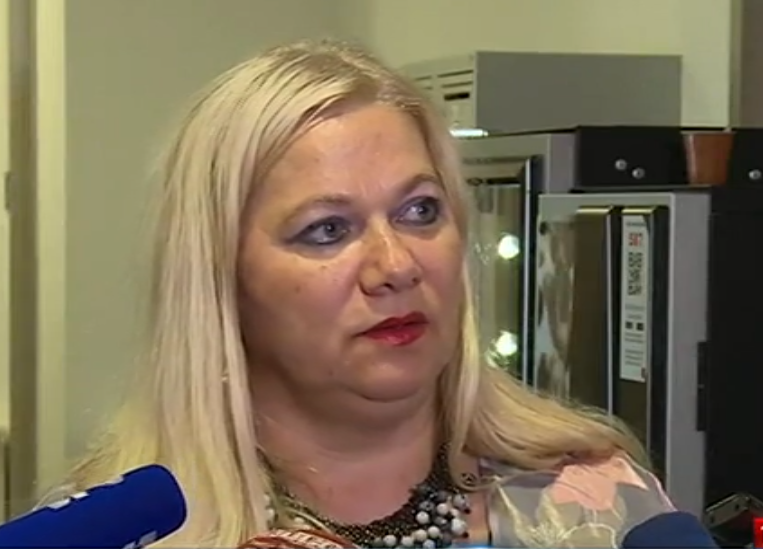
The Vice President of Bosnia's top judicial institution overseeing the work of Bosnia's judiciary accused, Tuesday, several Western embassies and international institutions of forcing judicial officials of fulfilling their wishes and commands by “summoning them in the so-called 'glass' or 'rubber' rooms for talks.”
“Are the 'rubber/glass rooms,' found in some embassies where Bosnian judicial officials are summoned and told what to do, whom to investigate and whom to stop investigating, or whom to declare guilty, ABOVE THE LAW, BELOW THE LAW OR OUTSIDE OF THE LAW,” Ruzica Jukic, the Vice-President of the High Judicial and Prosecutorial Council (HJPC), asked the embassies of the UK, the USA, Germany, the Netherlands, Spain alongside the Office of the High Representative (which oversees the civilian implementation of the Dayton Peace Agreement that ended the 1992-1995 war in the country) and the OSCE Mission in Bosnia, in an open letter.
Earlier last month, Jukic also complained about foreign diplomats pushing for measures to be taken against the President of the HJPC, Milan Tegeltija, who was secretly recorded in a coffee shop as he met with a businessman who asked him to help speed up his court case.
After splitting with Tegeltija, the businessman who recorded the footage is seen paying a policeman who arranged the meeting a significant amount of money, which the policeman said was for “shoeing the horse,” referring to allegedly paying Tegeltija for the favour.
The HJPC, the only institution in the country authorised to appoint and discipline judges, prosecutors as well as its own members, stood behind its boss and rejected a disciplinary complaint against him and a request for him to be suspended pending the investigation.
This outraged many Bosnians, and the foreign official the international community named to oversee Bosnia’s implementation of the treaty that ended the war, Austrian diplomat Valentin Inzko, criticised the decision, as did the OSCE Mission in the country and a number of foreign embassies.
Last Friday, the said embassies and international institutions published a joint statement saying no person in this country, regardless of their function should be above the law to which Jukic responded yesterday, June 10, saying:
“Mr Inzko and the above-mentioned representatives of embassies, as well and the head of the OSCE Mission in Bosnia and Herzegovina, have with their statements directly damaged the independence of the judicial system and stepped outside of the framework of their competencies,” calling the behaviour of the diplomats “scandalous.”
Continuing the Tuesday response to embassies' statement, she insisted on getting the answer about the 'glass rooms,' saying they “owe it to the whole judiciary community and the citizens of this country where you should represent your countries, instead of interfering, dictating or, worse, forcing judicial officials to fulfil your wishes and goals, through such degrading methods.”
She argued that through this public statement where she speaks of “rubber/glass rooms,” she is fighting against anyone being above the or outside the law, the existence of which is proven by the very existence of these rooms.
“Repeating empty phrases that no one is above the law is not the answer to such a terrifying, undemocratic and unheard of phenomenon, through which embassies are setting themselves not only above but also outside of the law, violating every elementary human right of individuals who get into glass and rubber rooms,” Jukic concluded.
The Association of Judges in the Bosniak-Croat majority part of Bosnia, the Federation, also condemned Jukic's May statements regarding the meeting between judicial officials and representatives of Western embassies on the judicial reform in the country.
Kakvo je tvoje mišljenje o ovome?
Učestvuj u diskusiji ili pročitaj komentare





 Srbija
Srbija
 Hrvatska
Hrvatska
 Slovenija
Slovenija


















